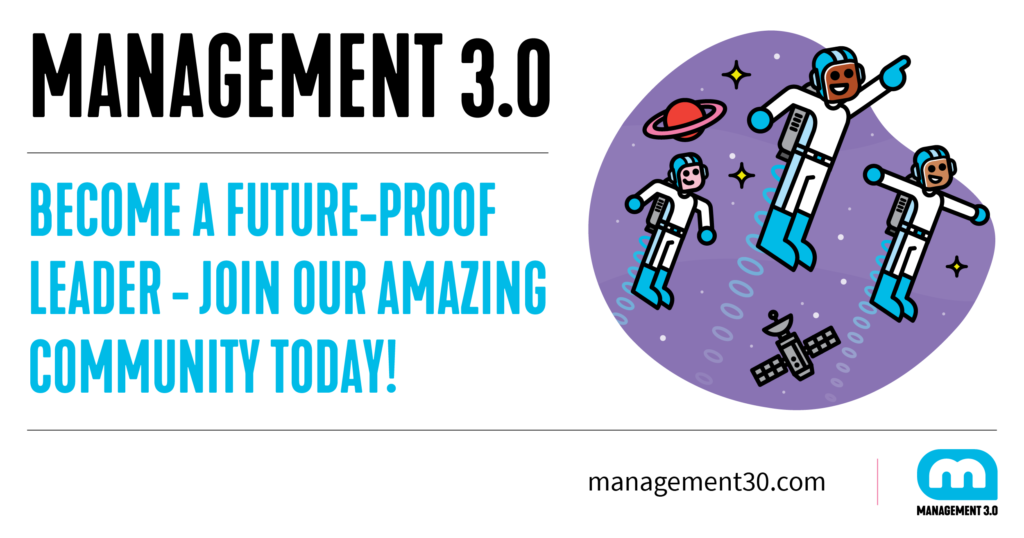Many organizations need to harmonize practices, procedures and tools across teams and departments. They also need people to share knowledge and develop their craft by communicating across traditional organizational boundaries. This is the purpose and role of guilds and huddles.

A guild originally was a medieval association of craftsmen or merchants, often having considerable power. In the Middle Ages these guilds were focused on certain crafts like carpentry and iron works. Their purpose was to help develop the craft, an early sort of mentoring.
In modern days, business guilds are called a community of practice or CoP. This is a group of professionals who share a common interest, passion or area of work. A CoP allows participants to share challenges and experiences and even create best practices to follow.
A Management 3.0 community of practice of course doesn’t just mean people at the same level doing the same work connect. These modern-day business guilds cut across teams, projects and levels, breaking down barriers. They are cross-organizational and cross-functional, with an effort to break down silos toward innovation and collaboration. As Etienne Wenger wrote in his book titled Communities of Practice, business guilds includes:
- A domain of knowledge
- A community of people
- A shared set of tools and practices


